Gear up for Earth Day festivities in Union Square
-
Over 70 organizations will participate in this year's Earth Day event in Union Square.EARTH DAY INITIATIVE
-
2/2Thousands are expected at this year's annual Earth Day Initiative festival in Union Square on Tuesday, April 23, 2019.EARTH DAY INITIATIVE
New Yorkers who are contemplating ways to help make a difference on Earth Day can head to Union Square on Tuesday for free family-friendly events.
Earth Day Initiative’s annual event kicks off at noon in Union Square, and runs until 6:30 p.m. The festival will feature dozens of exhibits by environmental non-profits and green businesses as well as kids' activities, and live performances.
The annual gathering is considered the most high-traffic Earth Day event in the nation. This year, organizers are launching a one-year countdown to the 50th anniversary of Earth Day, which began in 1970.
“That was a time when people really raised their voices and said, ‘We need to do something about these environmental issues.’ A lot of the safeguards we have in place today, we take for granted,” said John Oppermann, executive director of Earth Day Initiative.
“The EPA didn’t exist then. A lot of the legislation that we take for granted, like protections for water and clean air, came on the heels of that first Earth Day. That is something we should keep in mind because when we see attacks on environmental protections we have now.”
Part of the countdown is a plan to channel the demand for simple yet impactful actions into real-world results. They’re calling it the Do Just 1 Thing campaign, and the goal is to get people across the country to switch to clean energy in whatever ways they can. To help them do that, Earth Day Initiative is providing people with “just one thing that will make a huge difference.”
“We hear from so many people who are overwhelmed by environmental challenges and the options that are out there to green their lifestyles,” Oppermann told Metro. “We wanted to simplify things and say 'here’s one thing you can do right now.' We want to take away that hurdle of not knowing where to start. If you add up all of these small things over the course of a year, they’ll add up to a big impact.”
Oppermann offered the example of switching to renewable energy by joining a community solar program or installing solar panels on roof of a home.
There is one new addition to this year’s festival that is generating a lot of buzz — an action center and art installation, where artists will create live works of art inspired by the conversation around the Green New Deal.
Philadelphia-based illustrator Molly Egan is one of the artists expected to participate in the installation.
“I try to make decisions to positively impact the environment wherever possible,” Egan told Metro. “I'm always thrilled when, as an illustrator, I can connect something I'm passionate about in my daily life to an image I can create.”
The artists participating will be working on large 5'x6' canvases and focusing on a different theme. Egan’s piece will explore the idea of green living.
"To show how living a more sustainable lifestyle can be accessible to all of us, I plan to show people doing a variety of environmentally friendly activities," Egan said. "For city dwellers, a great start is to bike, walk, or use public transportation - rather than relying on your own vehicle or ride shares. I'll also be depicting people making more sustainable choices like recycling, composting, replacing plastic water bottles with reusable ones, and eating more environmentally friendly foods. I'm excited to use bright colors, pattern, and stylized people as a way to explore an important concept."
Visitors can also check out a zero-waste weaving installation where they can repurpose used clothes and textiles into a piece of art by weaving it themselves on a loom made out of clothing racks.
This year, organizers will honor science educator Bill Nye, Rep. Alexandria Ocasio-Cortez, and New Jersey-based recycling company TerraCycle for their work raising awareness about environmental issues.
“We wanted to honor people who stimulate the conversation about taking action,” said Oppermann. “They have done a phenomenal amount in terms of stimulating that conversation. We see so many people who are now more aware of the urgency of taking action around climate change and the idea of a Green New Deal than before because they have such loud pulpits to speak from and were able to amplify the conversation.”
Tuesday’s event is free and open to the public and will be haeld rain or shine.
Metro is proud to be Earth Day Initiative's exclusive newspaper partner. Visit dojust1thing.org to learn how you can help build a more sustainable future.

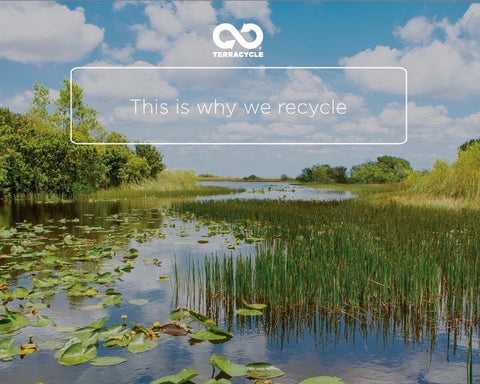 At Province Apothecary, we are committed to providing organic and ethically sourced products, and continually finding ways to reduce our environmental footprint. For the last few years, we have offered a recycling incentive program to local customers: if you bring in 5 used PA bottles, you receive a free lip balm. We recycle all returned product bottles with the City of Toronto.
In an effort to further reduce the environmental impact of cosmetic waste, we have partnered with a program called
At Province Apothecary, we are committed to providing organic and ethically sourced products, and continually finding ways to reduce our environmental footprint. For the last few years, we have offered a recycling incentive program to local customers: if you bring in 5 used PA bottles, you receive a free lip balm. We recycle all returned product bottles with the City of Toronto.
In an effort to further reduce the environmental impact of cosmetic waste, we have partnered with a program called 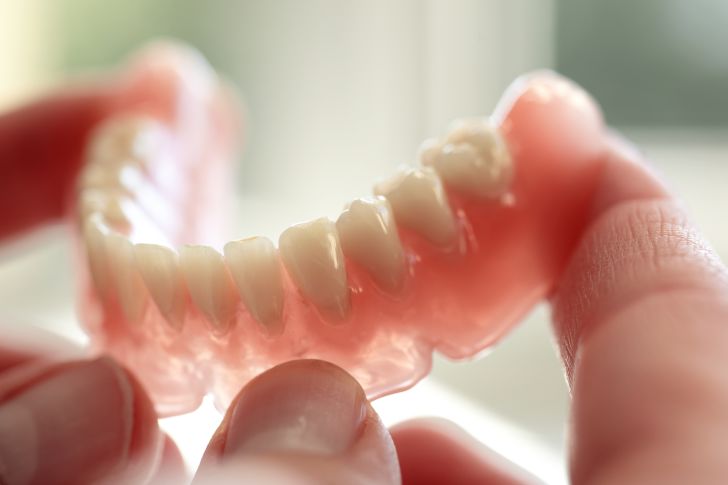
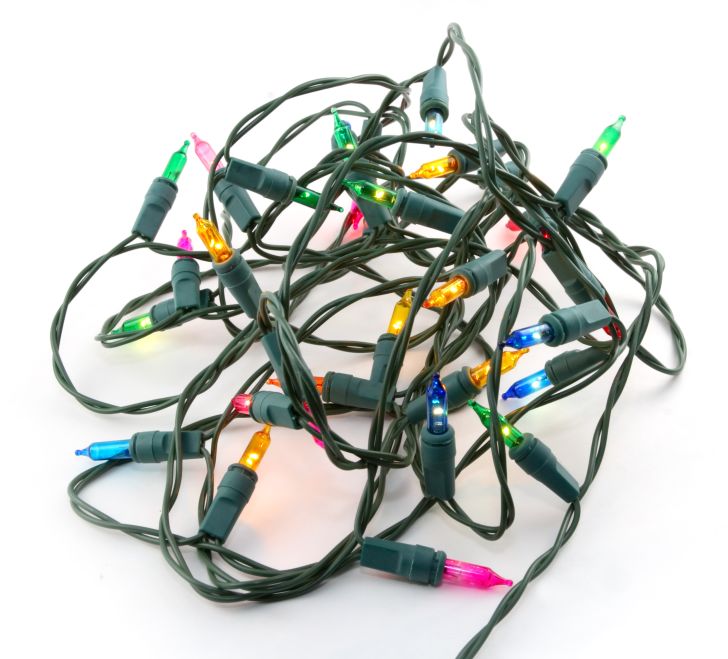
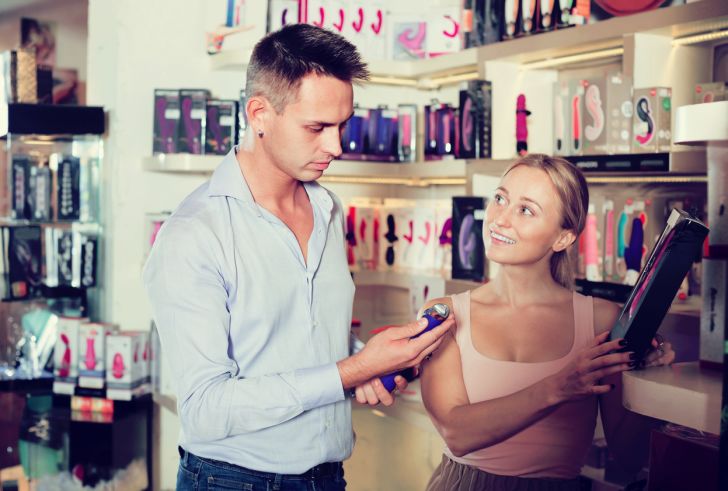
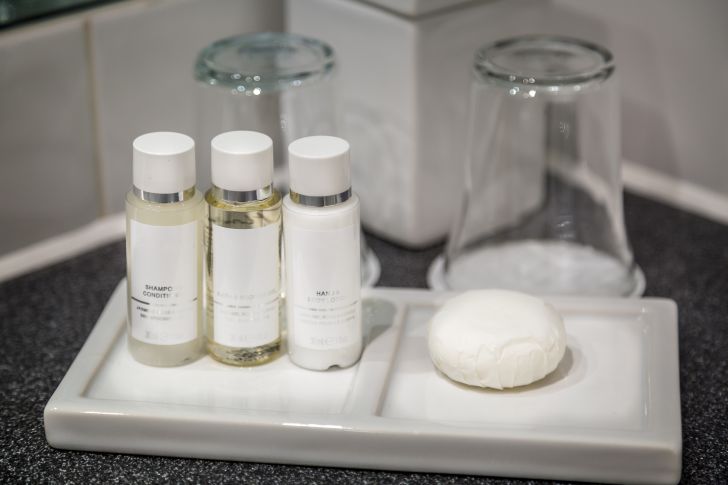
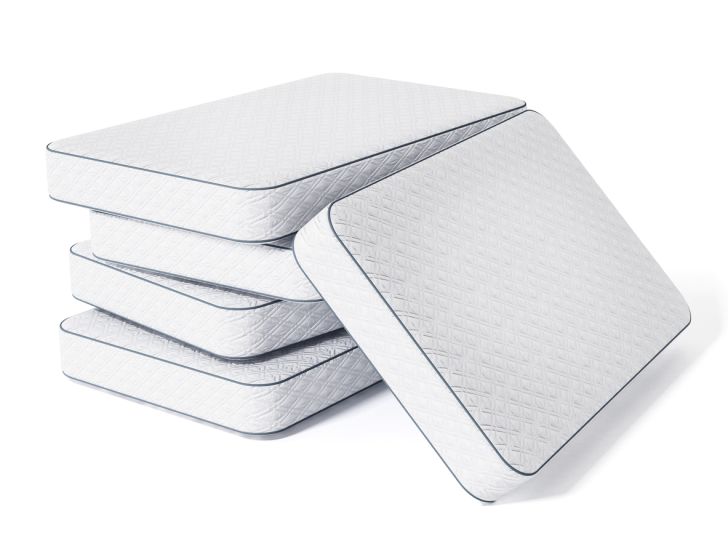
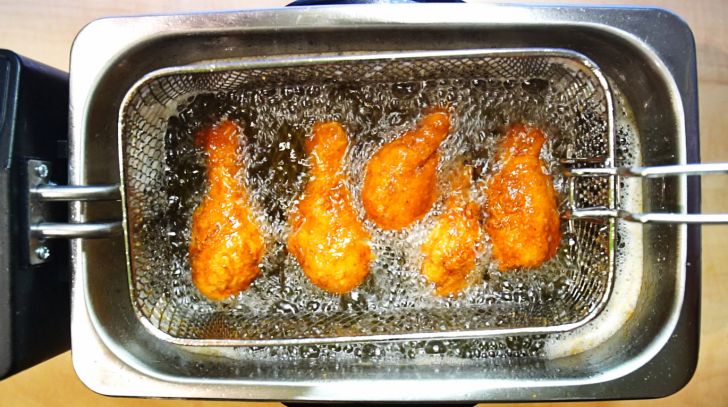
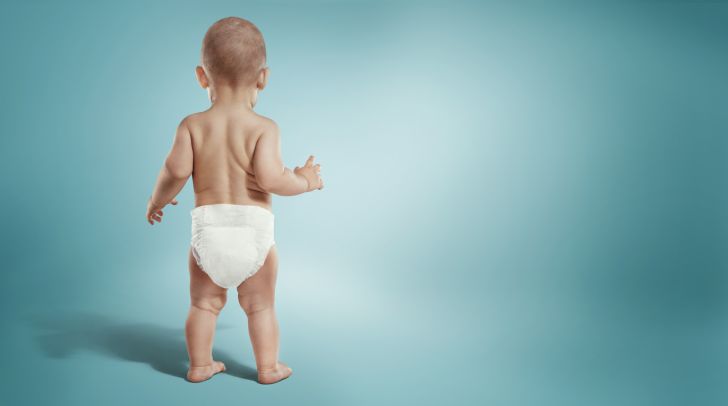
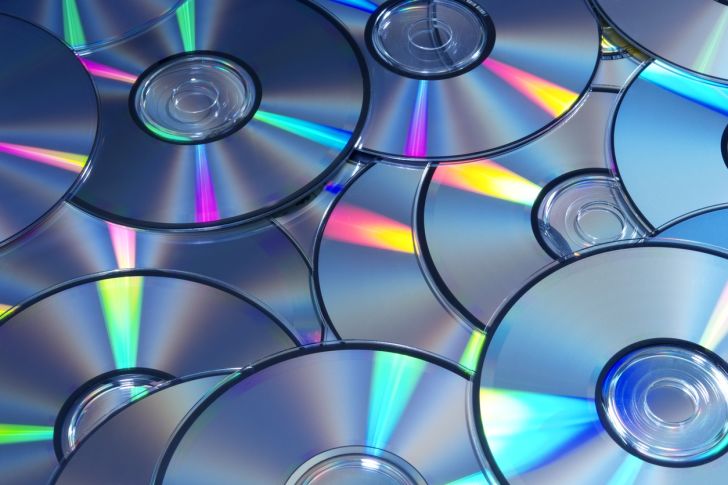
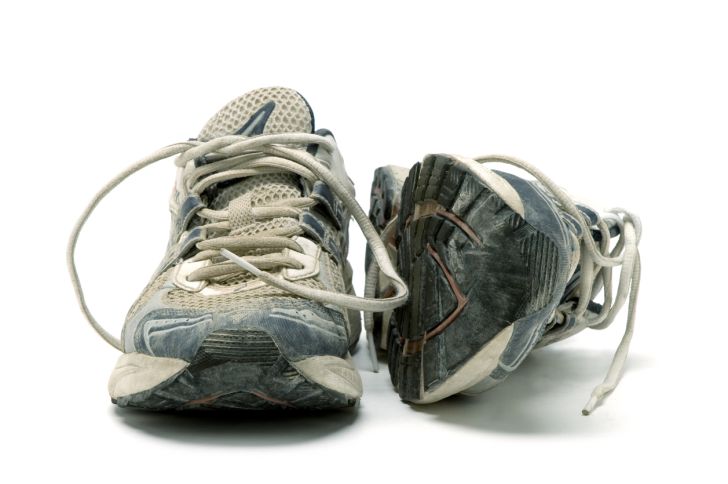
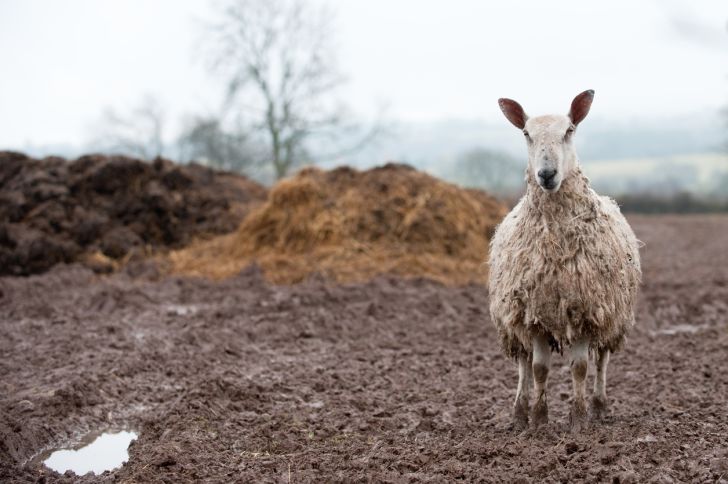

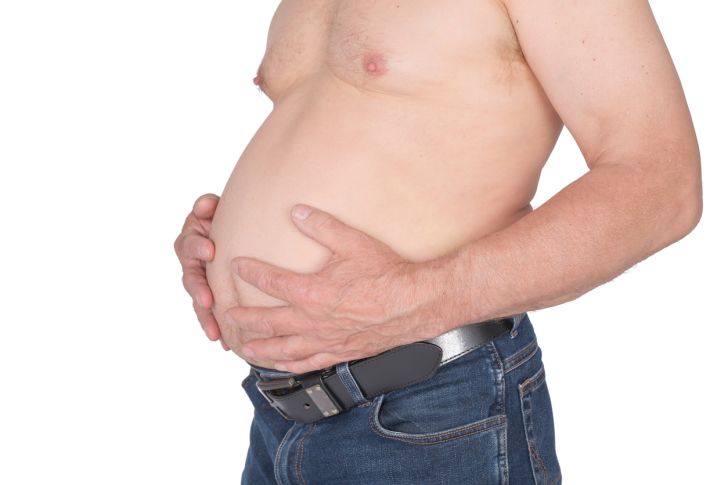
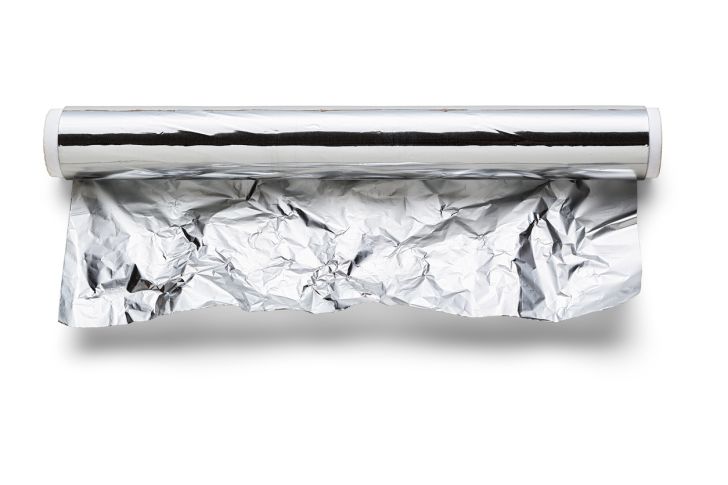
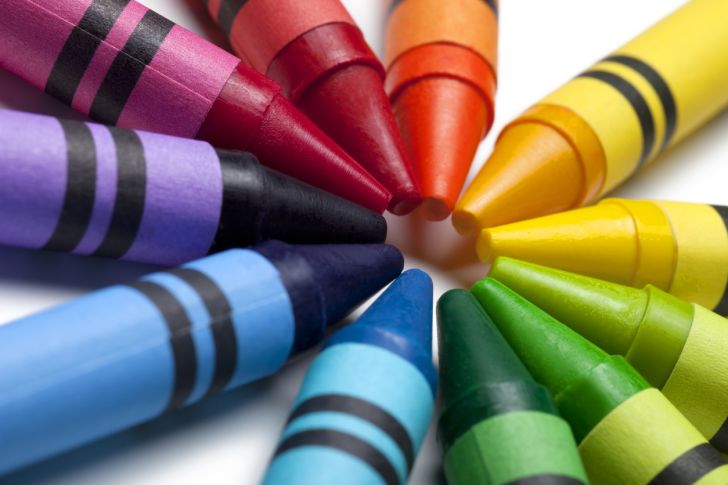
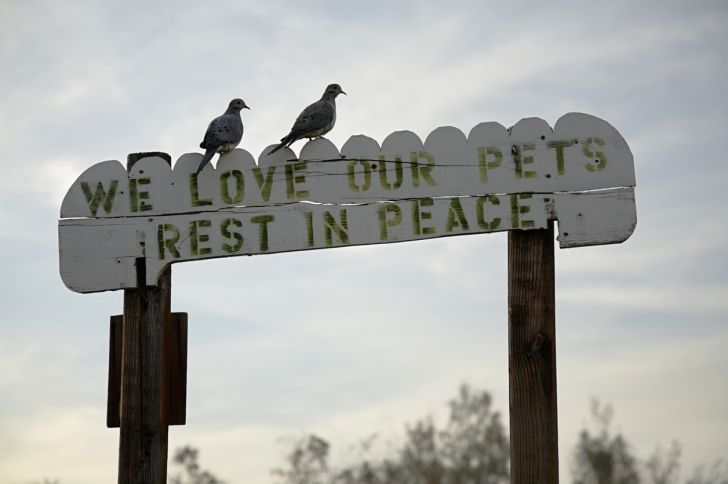
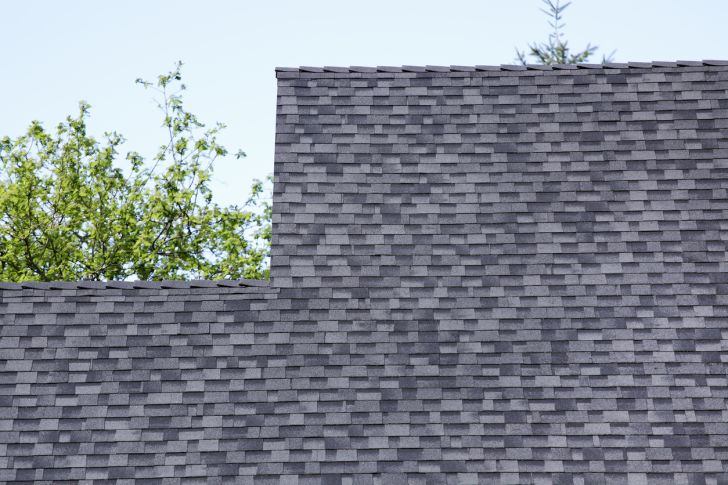
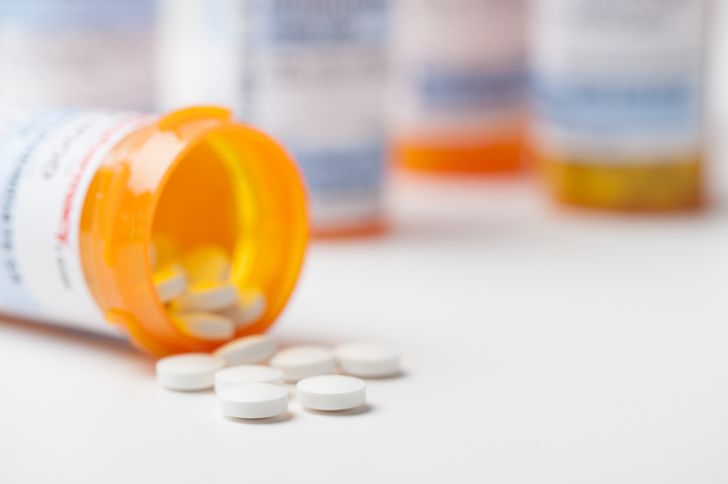
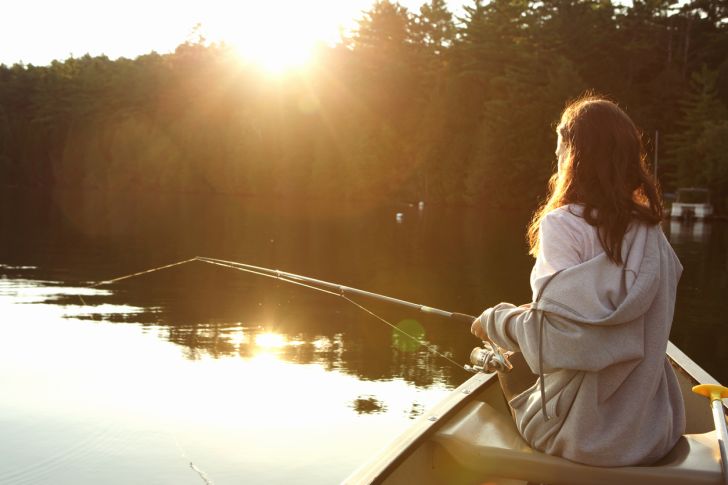
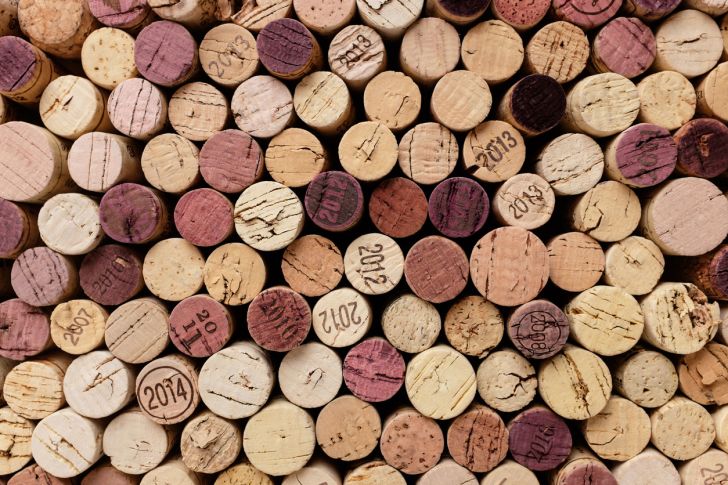
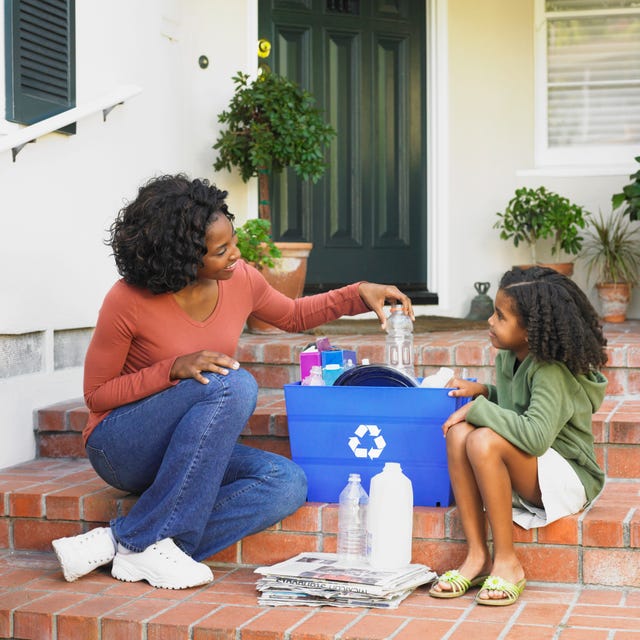
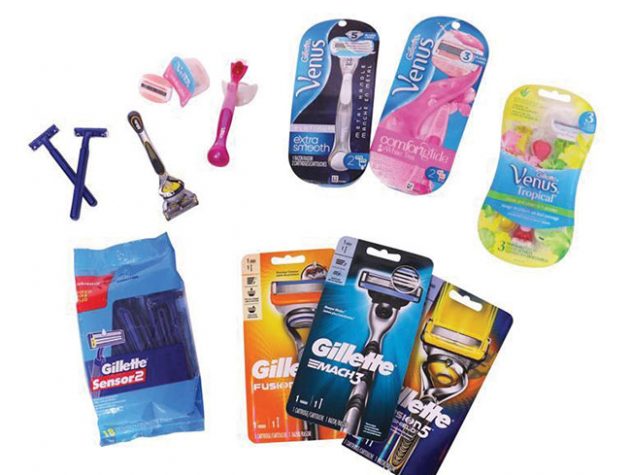 When it comes to shaving, the Gillette brand razors and accessories have long set the standard for product and packaging excellence, but not so much when it came to sustainability and waste diversion.
However, that shortcoming appears to be finally addressed in a big way by its progressive brand-owner Procter & Gamble Inc., which is hooking up with leading product upcycling services provider TerraCycle, Inc. to collect and recycle all of its disposable razors, replaceable-blade cartridge units, and razor plastic packaging right across the U.S.
Under the recently-launched Gillette Razor Recycling Program, individual participants and organizations can sign up on the program page (
When it comes to shaving, the Gillette brand razors and accessories have long set the standard for product and packaging excellence, but not so much when it came to sustainability and waste diversion.
However, that shortcoming appears to be finally addressed in a big way by its progressive brand-owner Procter & Gamble Inc., which is hooking up with leading product upcycling services provider TerraCycle, Inc. to collect and recycle all of its disposable razors, replaceable-blade cartridge units, and razor plastic packaging right across the U.S.
Under the recently-launched Gillette Razor Recycling Program, individual participants and organizations can sign up on the program page (